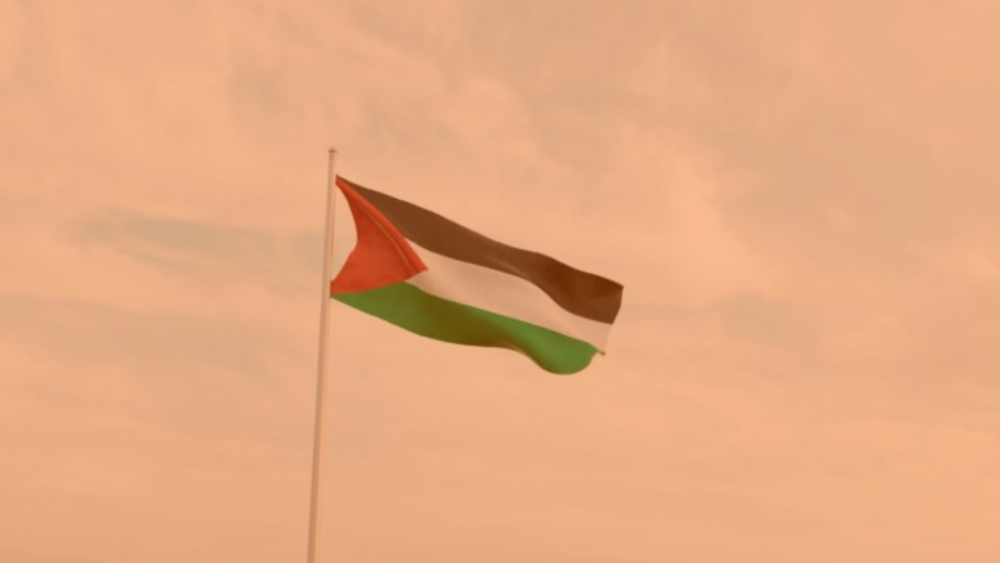Never in its history of war and military occupation has Israel been so incapable of developing a coherent plan for its future and the future of its victims.
Even a quick glance at headlines in international media reveals the depth of the Israeli dilemma. While Tel Aviv continues to carry out a genocidal war against the Palestinian people in Gaza, it seems to have no idea what to do beyond simply destroying the Strip and its people.
Even the country’s Defence Minister, Yoav Gallant, who could soon be officially wanted by the International Criminal Court (ICC), indicated on multiple occasions that Israel has no post-war plan in Gaza.
“Since October, I have been raising this issue consistently in the Cabinet, and have received no response,” Gallant said in the clearest possible language in May.
Others suggest that Israeli Prime Minister Benjamin Netanyahu and his far-right government might have a plan but, in the language of the Washington Post, it is a “no workable plan” or, according to Vox, “is no plan at all”.
Netanyahu’s “not workable” plan, or “no plan at all”, is inconsistent with the wishes of the US administration.
True, both Israel and the US are in full agreement regarding the war itself. Even after Washington had finally begun shifting its position from wanting the war to continue, to asking Netanyahu to conclude his bloody task, American weapons have continued to flow at the same rate.
The Americans, however, are not convinced that destroying Hamas, fully demilitarising Gaza, taking control of the Gaza-Egypt border, shutting down the UNRWA refugees’ agency and the ‘de-radicalisation’ of the besieged Palestinian population is the right approach.
But Netanyahu himself must have already known this, if not at the very start of the war, at least nearly a year into the genocide. His exhausted army kept moving from one phase to another, declaring “tactical victories” without achieving a single strategic goal in Gaza.
The most optimistic estimation of the Israeli army is that their war, which has practically destroyed all of Gaza, has resulted in a stalemate. A more sober reading of the war, according to former Prime Minister, General Ehud Barak, is that Israel must end it before “sinking into its moral abyss”.
Yet, more delusional plans, pertaining to both the Gaza Strip and the West Bank, continue to be leaked to the media.
The first major leak was a taped recording of a speech by extremist and very influential Israeli minister in Netanyahu’s cabinet, Bezalel Smotrich.
“I am telling, it is mega-dramatic. Such changes change a system’s DNA,” Smotrich told a group of Israeli Jewish settlers in June, according to the New York Times.
The minister’s “carefully orchestrated programme” hinges on transferring the authority of the West Bank from the occupation army to a group of civilians under the leadership of Smotrich himself. The goal is to seize more Palestinian land, expand the illegal settlements and prevent any possible continuity of a viable Palestinian State.
In fact, the plan is already underway. On 29 May, Israel appointed Hillel Roth, a close ally of Smotrich, as the deputy in the West Bank Civil Administration.
The plan for Gaza is another episode of cruelty, but also delusional. It was revealed in an article by the editor of the Israeli newspaper Haaretz on 9 September.
Aluf Benn wrote that Netanyahu’s plan also consists of the hiring of an Israeli “governor of Gaza”, Brigadier General Elad Goren, who became the ‘Head of Humanitarian-Civilian effort’ in the Strip on 28 August.
Using a combination of tactics, including starvation, military pressure and the like, Netanyahu wants to drive the population of northern Gaza to the south in preparation of formally annexing the region and bringing back Jewish settlers.
These are not the only plans that have been leaked or, at times, communicated openly by Israeli officials.
At the start of the war, such ideas as ethnically cleansing the Gaza population into Sinai were advocated openly by Israeli officials, and were also the main topic of discussion in Israeli evening news programmes.
Some Israeli officials spoke of fully occupying Gaza, while others, like Israel’s Heritage Minister Amichai Eliyahu, floated the idea of dropping a nuclear bomb.
The plan of totally evacuating Gaza did not work simply because Palestinians would not leave, and Egypt had rejected the very insinuation that ethnically cleansing Gazans was an option. Additionally, the total depopulation of northern Gaza also did not work, partly because Israel was massacring civilians in both north and south at comparable rates.
Israel’s new plans will not succeed in achieving what the original plans have failed to achieve, simply because Israel continues to face the same obstacle: the steadfastness of the Palestinian people.
However, much can still be learned from the nature of the Israeli schemes, old and new, mainly the fact that Israel regards the Palestinian people as the enemy.
This conclusion is not only gleaned through statements by top Israeli officials, including President Isaac Herzog himself, when he said that “an entire nation out there (..) is responsible”.
Almost every Israeli scheme seems to involve killing Palestinians in large numbers, starving them or displacing them en masse.
This means that the Israeli war has always been a war against the Palestinian people. The Palestinians themselves know it. Shouldn’t the rest of the world also know it by now?
This article was written by Ramzy Baroud for Middle East Monitor
Do you want to be informed of DiEM25's actions? Sign up here















